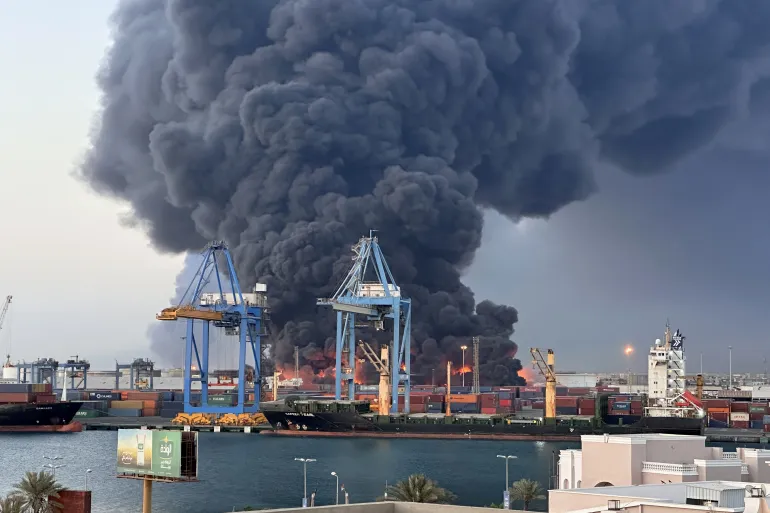Oil & Gas
SOUTH SUDAN FACES ECONOMIC COLLAPSE AMID OIL EXPORT THREAT FROM SUDAN.
JUMA SULEIMAN

South Sudan, which relies on oil for over 90 percent of its government revenues, is facing a looming crisis as Sudan threatens to shut down vital export infrastructure. The oil-dependent nation uses Sudan’s Port Sudan as the only route to export its crude oil, a lifeline that now hangs in the balance following ongoing conflict between Sudan’s army and the paramilitary Rapid Support Forces (RSF). “That decision could collapse South Sudan’s economy and drag it directly into Sudan’s intractable civil war,” experts warned.
The tensions escalated after a wave of RSF drone attacks struck Port Sudan, damaging key energy infrastructure and disrupting operations. Sudan’s military claims the damage hampers its ability to facilitate oil exports from the south. Meanwhile, analysts believe Sudan’s army is using the shutdown threat as leverage, possibly to pressure South Sudan into cutting ties with the RSF. “The announcement read like a desperate plea [to South Sudan] for help to stop these [RSF] attacks,” said Alan Boswell of the International Crisis Group.
Complicating matters further, South Sudan has reportedly allowed the RSF to operate along its border and continues financial dealings with both Sudanese factions to protect its oil infrastructure. The relationship with the RSF and the Sudan People’s Liberation Movement–North (SPLM-N) has infuriated Sudan’s army, which suspects Juba of aiding its enemies. “[Sudan’s army] is suspicious that Juba is helping RSF in its military capability and political space to manoeuvre its struggle,” noted South Sudanese analyst Edmund Yakani.
Without oil revenue, South Sudan’s fragile government could collapse, leaving millions vulnerable. Already burdened by unpaid civil servants and soldiers, the country faces inflation and worsening food shortages. “Kiir is on extremely fragile footing, and there is no backup plan for when the oil runs out,” said Matthew Benson, a scholar at the London School of Economics. As Sudan’s civil war spills over the border, fears grow that South Sudan may become a battleground for proxy conflicts fueled by regional interests.
